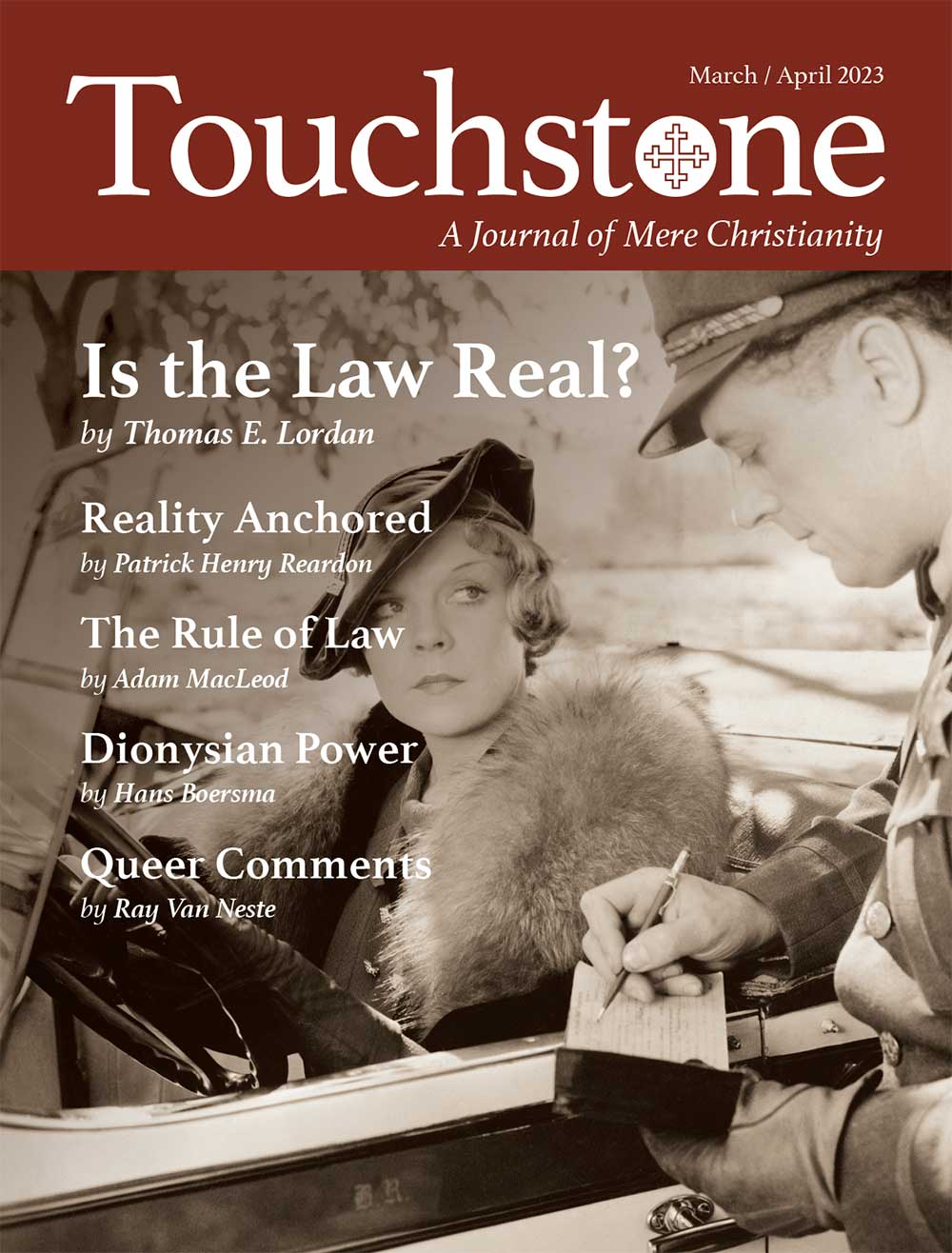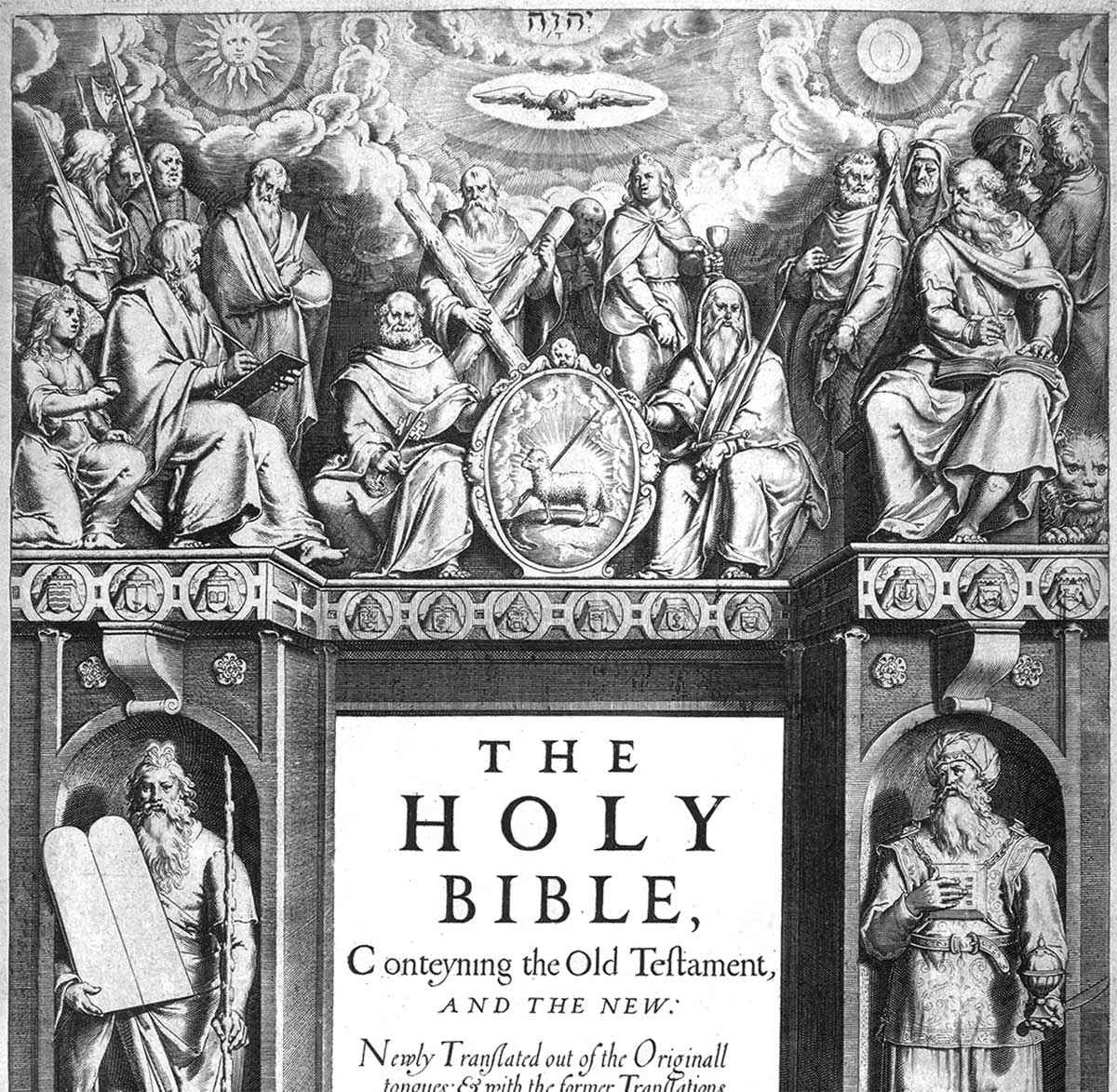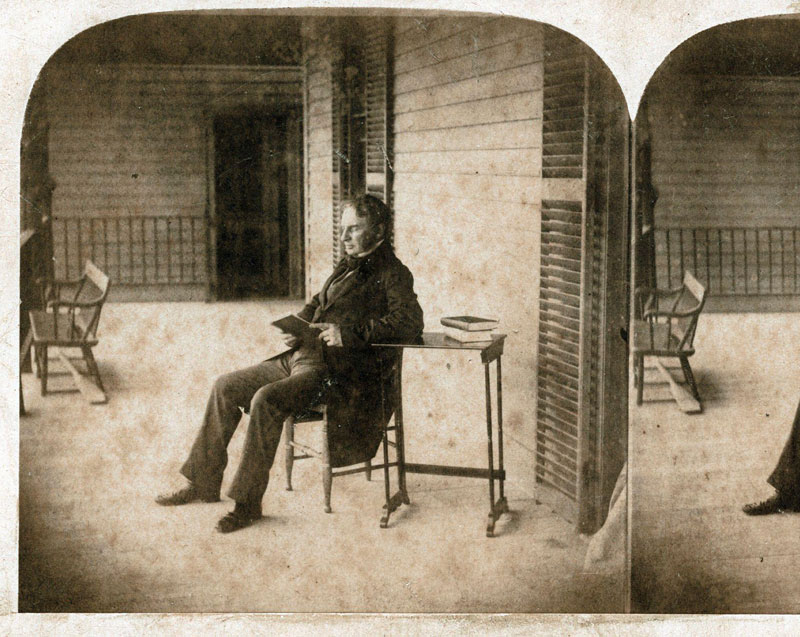Queer Comments
Each year I survey new biblical commentaries for a magazine that serves pastors. Last year I was interested to see that Frederick Bruner had a new commentary on Romans (The Letter to the Romans: A Short Commentary, Eerdmans). While I knew I had differences with Bruner, I had appreciated his easy-going style, moving readily to theology and application in his previous work, so I was keen to see this commentary. The same hallmarks were there, but I was surprised by his comments on Romans 1:24–27, one of the key New Testament texts on homosexuality.
Bruner begins strong, summarizing Romans 1:24–27 by writing, “Paul believes a twisted spirituality leads directly toward a twisted physicality” (15). He cites leading commentaries which note that homosexuality and pederasty were condoned, celebrated, and even at times held as higher forms of love in the Greco-Roman world of Paul’s day. Paul’s condemnation of homosexual practice was as countercultural in his time as it is in ours.
Furthering the argument, Bruner notes that Paul’s statements are rooted in the consistent Jewish tradition that condemned homosexual practice with such texts as Genesis 19, on Sodom and Gomorrah, and Leviticus 18:22 and 20:13, which describe homosexual activity as an “abomination.” Bruner rightly says that those who argue that the biblical texts only condemn “violent, coercive homosexual practice” are in error, since the Leviticus texts clearly condemn voluntary acts (16).
He also approvingly cites a 2012 Jewish editorial, which argued that the restriction of sexual activity to marriage (assumed to be heterosexual), begun by Judaism and carried forward by Christianity, is what made Western civilization possible. All of this makes a very strong argument for the biblical witness and against those who seek to neuter its voice on this issue today. I was quite impressed to see Bruner arguing so directly.
Sharp Turn
However, Bruner then begins to address hateful responses that homosexuals have received —such as those of the church made famous for its “God Hates Fags” signs —noting that the text in Romans 1 is “the major source” for the Church’s anti-homosexual stand (16–17). In light of this harshness by some, Bruner’s argument makes such a sharp turn as to cause whiplash for the reader. Having just argued strongly and persuasively that the Bible as a whole and this text in particular clearly place all homosexual activity outside the bounds of proper behavior, he now says we must consider whether or not the Church will collectively “dismiss” it!
Strikingly, he finds permission for this repudiation of Scripture in what so many have done with 1 Timothy 2. He writes, “We now rightly dismiss the Paul-attributed texts against women teaching or preaching in the church (1 Tim. 2:11 and 1 Cor. 14:33b–36)” (17). Since “we” have decided to dismiss these texts, “should we also, perhaps, pass over Paul’s present condemnation of homosexual practice in light of Jesus’ general silence on the subject?” (17). While recent stories about drag queen story hours worry Bruner and cause him to appreciate Paul’s “conviction” on this topic even more, he nonetheless says that the current generation must make the decision as to whether or not we will accept the clear teaching of Romans 1 on homosexual practice.
So here we have a prominent Bible scholar, in a volume published by a leading Christian publisher, wringing his hands over whether or not to accept what he argues is the clear teaching of Scripture. This should be alarming to all Christians. Whence cometh this authority to dismiss Scripture? Catholics might say this is what they warned would be entailed in the Protestant dismissal of the magisterium. But Bruner is not saying he has dismissed this text by private interpretation. He calls on the collective Church to decide whether or not to dismiss it. In Bruner’s palpable angst over the text, we see the angst of modern man, who has dismissed other authorities and now must make such decisions on his own.
Rejecting Epistles
Beyond the authority question, Bruner does not address what we do with the Old Testament if we dismiss Paul. He says we might dismiss Paul, but Paul is arguing on the clear basis of consistent Old Testament teaching. Bruner also repeats the flimsy argument that Jesus was silent on the topic. Not only is this pitting Scripture against Scripture, but it misses Jesus’ affirmation of marriage as being strictly for male and female (Matt. 19:4–6) as stated in Genesis (2:24), and of any sexual activity outside of marriage as being sexual immorality, which is forbidden (Matt. 5:28; 15:19). How far, then, must our editor’s knife go, once we begin cutting? What will be left?
When Schleiermacher popularized the argument against the authenticity of 1 Timothy in 1807, critics warned that the rejection of this epistle would lead to the rejection of others. Schleiermacher denied it, and other critical scholars mocked such fearmongering (see, for instance, my brief article, “Coherence and Authorship in 1 Timothy,” Global Journal of Classic Theology 12:3, December 2015). Yet today the inauthenticity of 1–2 Timothy and Titus is a given in the guild of New Testament scholarship. When I affirmed their authenticity to a British Ph.D. student in private conversation, he was shocked, and when able to speak, spluttered, “But you’re educated!”
Ray Van Neste is Dean of the School of Theology and Missions at Union University in Jackson, Tennessee.
bulk subscriptions
Order Touchstone subscriptions in bulk and save $10 per sub! Each subscription includes 6 issues of Touchstone plus full online access to touchstonemag.com—including archives, videos, and pdf downloads of recent issues for only $29.95 each! Great for churches or study groups.
Transactions will be processed on a secure server.
more on bible from the online archives
more from the online archives
calling all readers
Please Donate
"There are magazines worth reading but few worth saving . . . Touchstone is just such a magazine."
—Alice von Hildebrand
"Here we do not concede one square millimeter of territory to falsehood, folly, contemporary sentimentality, or fashion. We speak the truth, and let God be our judge. . . . Touchstone is the one committedly Christian conservative journal."
—Anthony Esolen, Touchstone senior editor














